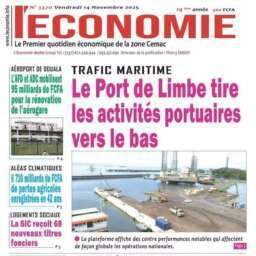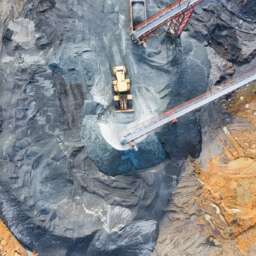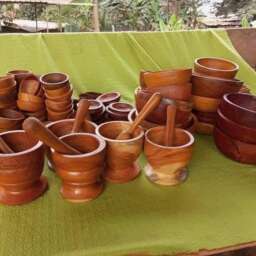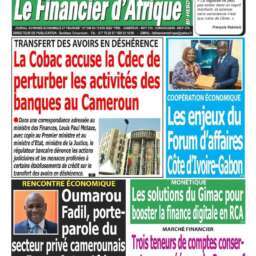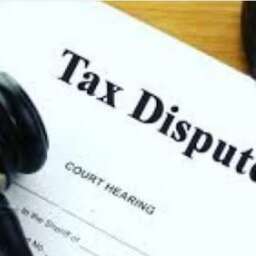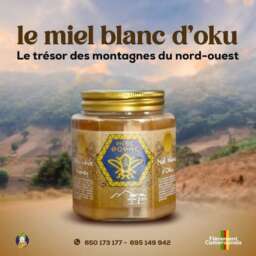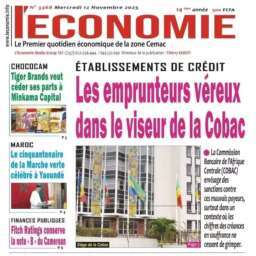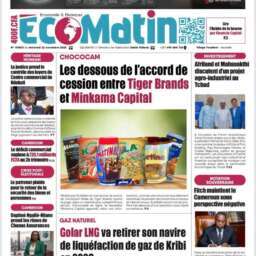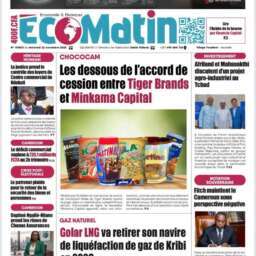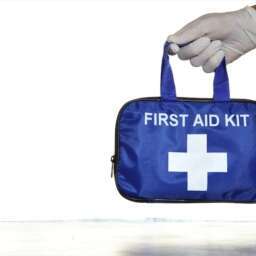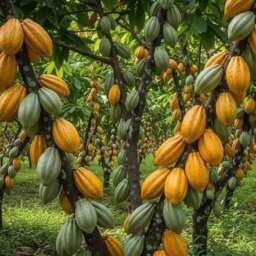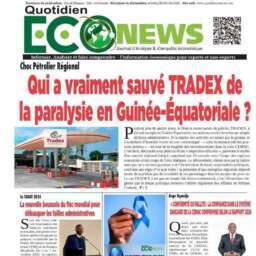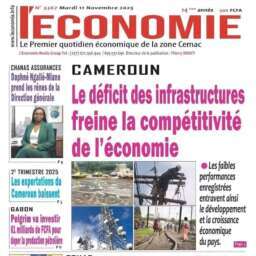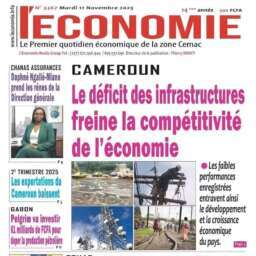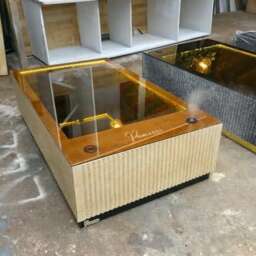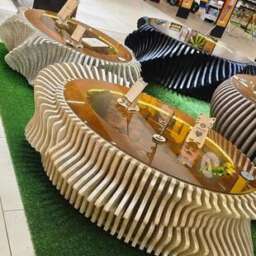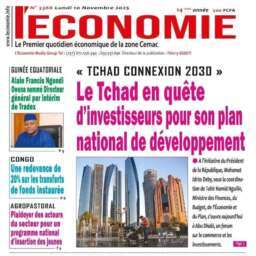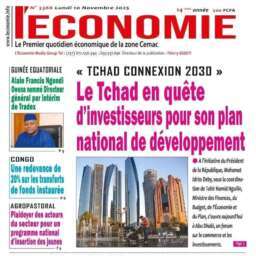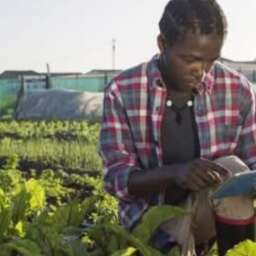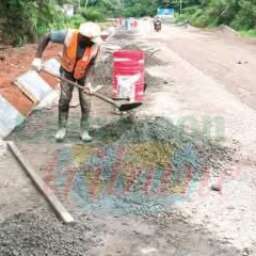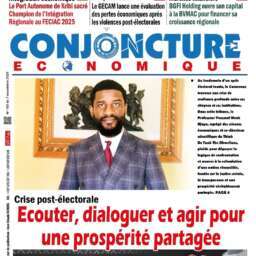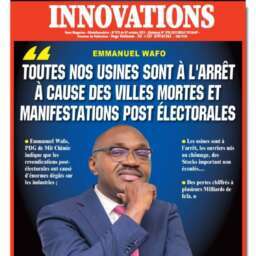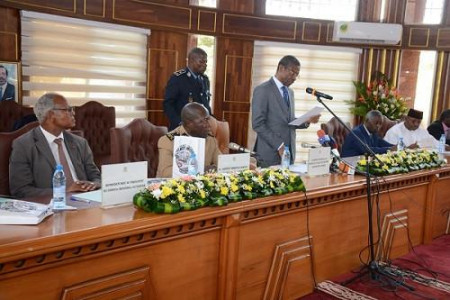(Business in Cameroon) – The Yaoundé City Council (CUY), in partnership with International Solution Environnement, is set to launch a waste recycling project starting in 2025. This initiative, backed by funding from the UK-based Baruk Capital Partners, aims to improve waste management in the Cameroonian capital.
In the first phase, one of Yaoundé’s seven districts will implement selective waste collection, establish a storage and sorting center, create a biogas production unit, and set up a plastic recycling facility. These efforts will focus on managing the city’s waste and preparing it for future expansion. Phase 1 will also assess the need to incinerate non-recyclable waste.
Once this phase is complete, phase 2, set for 2026, will expand the waste collection and recycling infrastructure across all districts of Yaoundé. This phase is expected to cost around CFA50 billion. By 2030, the plan is to have an incineration unit for non-recyclable waste, which would reduce landfill waste by 70% by 2035. This investment is valued at CFA30 billion.
According to Hermann Bertrand Assiga Ebana, CUY’s Secretary-General, “It’s essential to adopt modern waste management practices for the future of the city. This project will reduce landfilling and promote the reuse of raw materials. It will also improve living conditions, with cleaner neighborhoods and less pollution, serving as a model for sustainable resource management across the country.”
Funding Shortfalls and Tax Solutions
The waste management project comes at a time when waste collection in Yaoundé faces significant challenges due to a lack of funding. A 2016 World Bank study revealed that the city requires at least CFA15 billion annually to maintain its waste collection services. However, the government allocates only a little over CFA4 billion each year, covering 85% of the needed funds. The remaining 15% comes from the CUY’s budget.
To gradually reduce its involvement in waste management funding, the government introduced a special excise tax on waste collection. This tax was introduced in the 2019 state budget, set at 0.5% of the taxable base for all imported goods, except duty-free imports. In 2022, the tax rate was increased to 1%.
Despite collecting CFA60.6 billion from this tax between 2020 and 2022, the funds remain insufficient to meet the waste management needs of the country, particularly in Yaoundé. The city produces about 2,600 tons of waste daily, but the two waste management contractors, Hysacam and Tychlof, are only able to collect around 1,200 tons per day.

